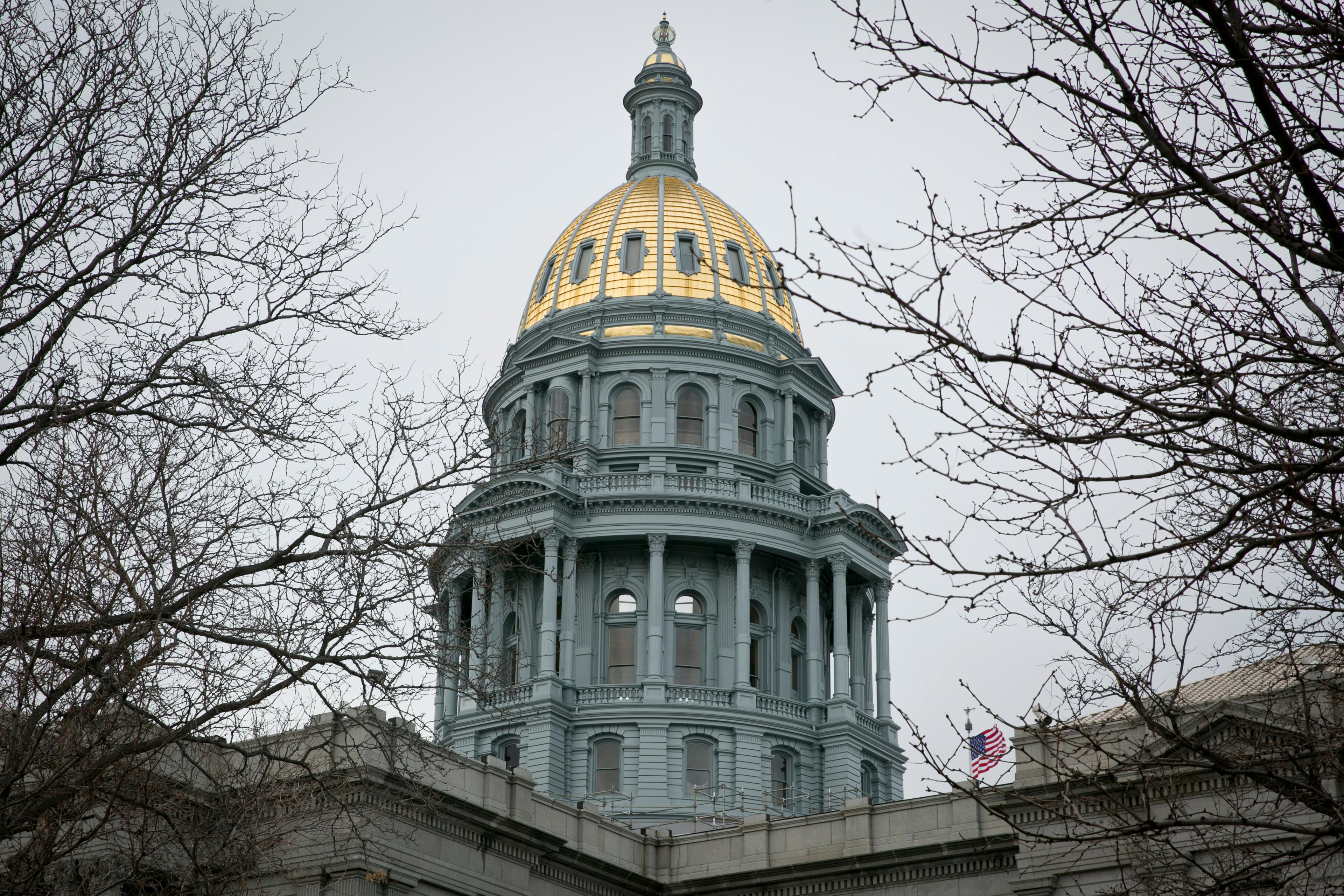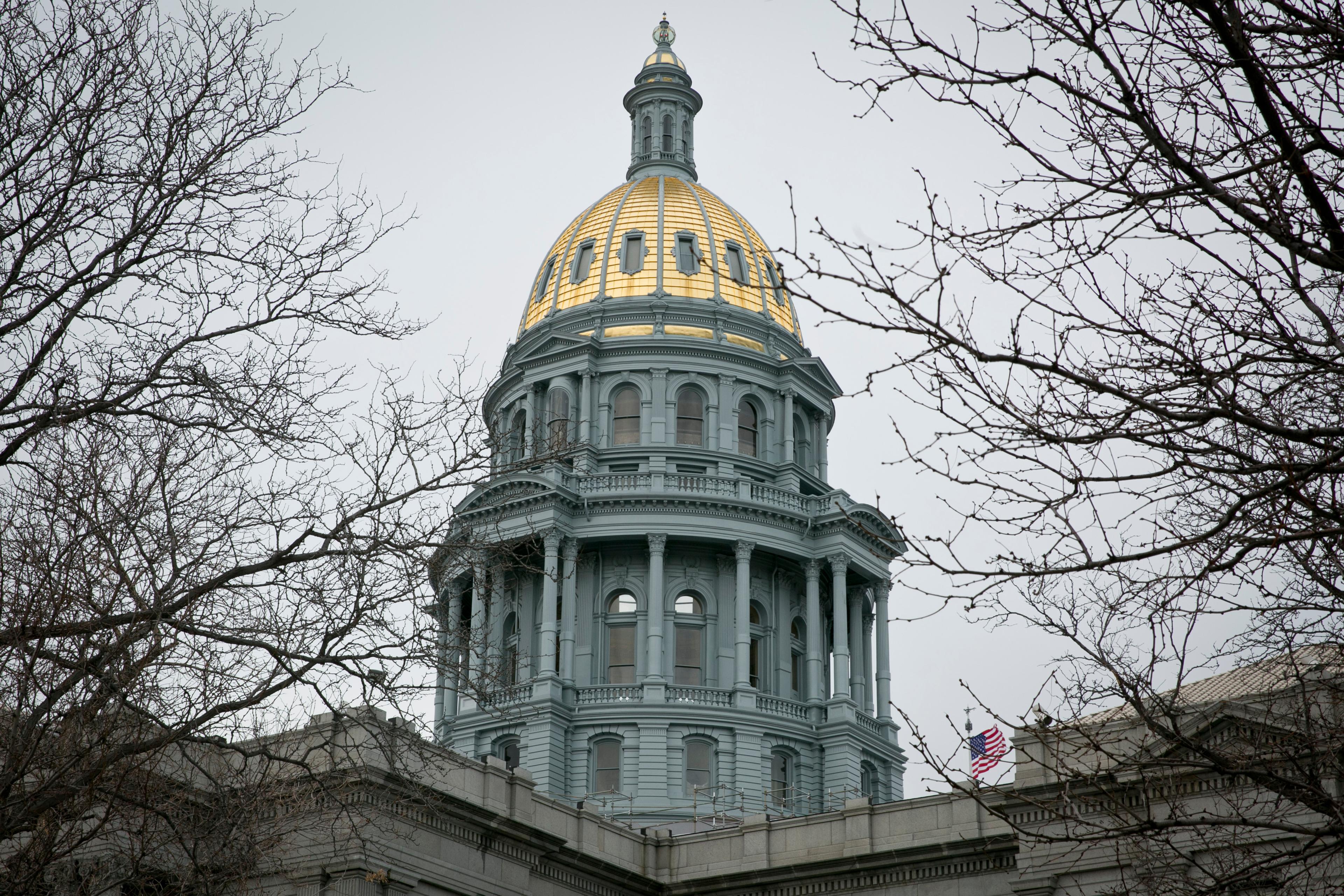

A bipartisan committee of state lawmakers has recommended that legislative leaders no longer be solely in charge of determining punishments for lawmakers credibly accused of misconduct.
The six member committee, held their final meeting Thursday to propose changes to how the state capitol handles sexual harassment complaints. They came up with a number of proposals.
“This is just a recommendation and there are many, many, many more steps before there will be any kind of finality,” said Democratic Speaker of the House Crisanta Duran, who chaired the committee.
They recommend hiring another HR person and all complaints would go through nonpartisan staff. There would also be a process to report informal complaints anonymously. An annual report on the number of formal and informal complaints would be released to the public, and the HR department will keep a record of all complaints as long as the person is an employee of the state. HR staff will also brief legislative leaders on those complaints so that patterns are more easily spotted.
The group didn't reach consensus on several issues — such as when credible reports of harassment against a lawmaker should be made public, or how best to maintain confidentiality for accusers. They also don’t agree on who should serve on a committee to recommend consequences.
The interim committee’s three Democrats want the panel to include outside experts and have an odd number of lawmakers on it to prevent a deadlock on a decision. Republican Sen. Beth Martinez Humenik, did side with Democrats that lawmakers don’t need to know the name of the accuser, to make disciplinary decisions.
The report next heads to an executive committee comprised of legislative leaders. Changes to the workplace harassment policy would ultimately need to be voted on during the 2019 legislative session.









